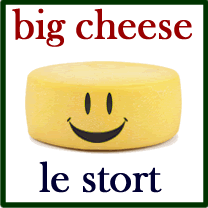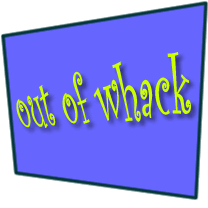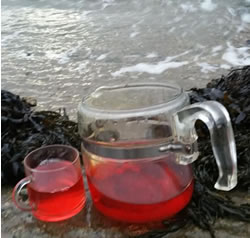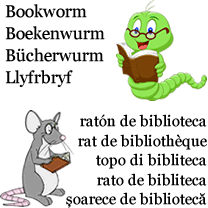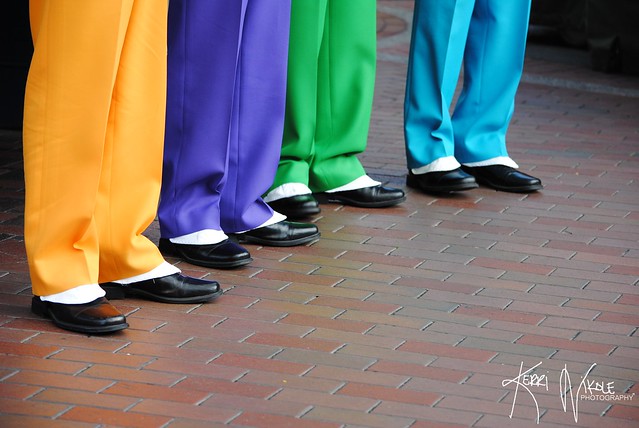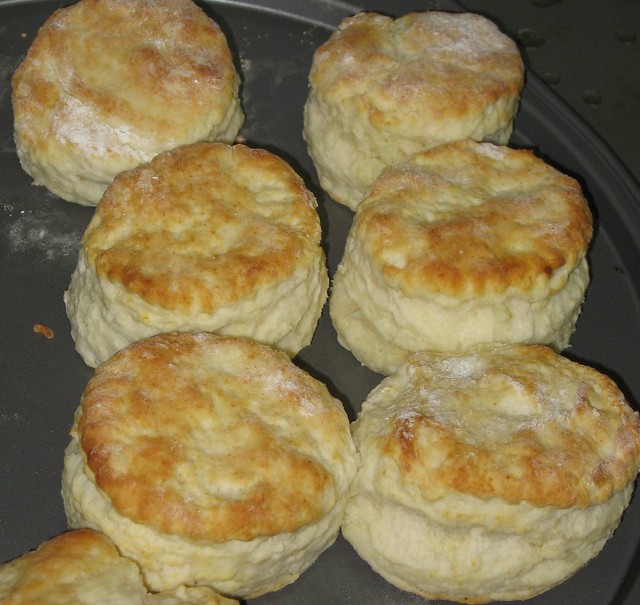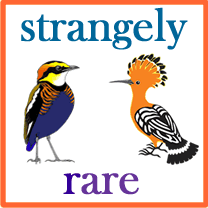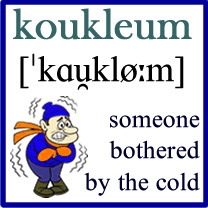
Are you a shivery type? Or maybe a heat freak? Or in other words, do you prefer warmer temperatures, and turn up the heating when it gets cold?
If so, then you could call yourself a koukleum [ˈkɑu̯kløːm], a Dutch word meaning a “person who is often/easily cold, person bothered by the cold a lot” [source], or a ‘shivery type’ [source]. It comes from kou (a low temperature situation) and kleumen (to be stiff with cold) [source].
Related words include:
- koukleumen = to suffer in low temperatures
- kleumen = to be stiff with cold
- kleumer = a person who is prone to cold; a cold or untrustworthy person
- kleumerig = stiffened from the cold
The German word Frostbeule has a similar meaning to koukleum, and also means frostbite or chilblain [source].
A koukleum might suffer from cryophobia (an abnormal fear of ice or frost; a morbid fear of freezing) [source], and might be a cryophobic, which is the nearest English word I can find.
The opposite of cryophobic is cryophilic, which usually refers to plants or animals and means “having an affinity for or thriving at low temperatures; able to thrive at low temperatures” [source].
According to this article, about 20% of people have a genetic mutation which makes them better able to resist cold temperatures and to live in cold climates.
I’m not a koukleum, and in fact prefer cooler temperatures. I haven’t found a word for this preference in Dutch, English or other languages. How about you?
